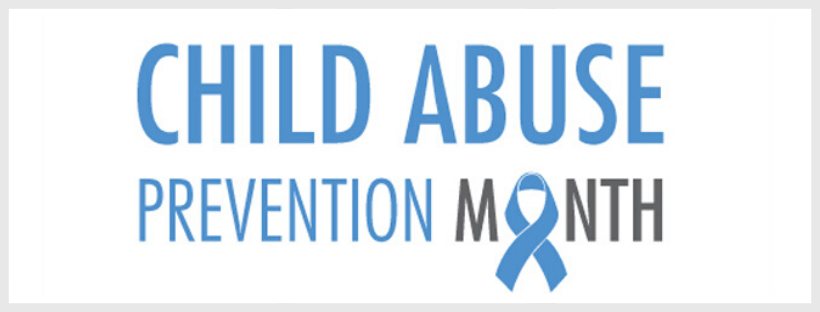
In just a short month, states across the U.S. have been unsettled by the alarming rates of new COVID-19 cases being announced each day. While the majority of Americans are fighting this battle in isolation from the comfort of their homes, many are finding it difficult to escape the stress and anxiety of it all. Peaking rates of anxiety across households due to job loss, food insecurity, lack of health insurance, and overall fear, pose the largest threat to our most vulnerable populations. Child abuse and neglect rates are predicted to peak in the coming weeks due to higher stress levels in the home. According to Child Advocates, sexual abuse rates have disproportionally increased in minors under the age of 18 since the shelter-in-place order was established. In the midst of self-isolation, many of us may find it difficult to support those in need. Here are a couple of tools to pass along to parents and families who may be in need of support during these hard times:
Develop Supportive Communities
While keeping physical distance, it may be helpful to reach out to your community members at this time and lend your support. Offer any extra food to those who may be experiencing food insecurity, child care to parents in need of a sitter or those working from home who are struggling to also teach their school-aged children. In times of isolation, many people may be utterly alone, a simple phone call, letter, or video chat can make all the difference in someone’s day. Here are some of the ways communities are coming together while keeping physical distance:
- 7 Hearts Warming Ways Bay Area Communities Are Coming Together
- Communities Gather Online
- Post Card Campaigns
Make Healthy Relationships With Your Family
Near or far, check on your family members. Call your loved ones and see how they are doing, how they are managing their stress, and if they need additional support. Social distancing has also impacted children who are currently being challenged by a new educational curriculum and technology. Take some time to talk to your children about how they may be feeling right now and find ways to help them continue connecting with friends, family, or teachers. In the home, try developing family-centered activities like a movie night, arts and crafts, cook or eat meals together, or simply share a space in the home where you can feel connectedness, even if you are all doing something different. In the current state, our human relationships outside of our homes have been strained by the absence of physical presence, make use of the time you have together and develop healthy bonds that extend past this pandemic.
Feeding Your Family
During a pandemic as this, many families and households may be experiencing severe food insecurity. A poor diet and malnourishment increase the likelihood of illness and stress levels. If you or someone you know is currently lacking food, visit your local food bank to help feed your family. In addition, consider applying for Supplementary Food Programs like SNAP/CalFresh. For more information on supplemental food, programs visit here: https://www.getcalfresh.org
Managing Stress
Managing stress is most difficult when we are not even aware it is happening to us. The unfortunate truth about stress is that sometimes we may not be aware that we are feeling it. Stress acts in many ways including feeling irritated, angry, hopeless, worried all the time, having trouble sleeping, overeating, or even not eating at all. It is normal to be having these feelings. But here is what you can do to cope:
Accept what you can’t do: trained professionals are currently working hard for us to stop the virus from spreading. If you are practicing health safety and staying at home, then you are doing your part and you are doing your best
Take care of your health: ensure that you are washing your hands and staying at home unless it is essential for you to leave your home. Make sure you are eating and drinking plenty of fluids. Exercise with home workouts, or play some of your favorite music and dance around your home. Most importantly, take care of your mental health. Take a moment throughout the day to take a deep breath, practice mindfulness and gratitude, and remind yourself that you are not alone in this.
Develop a supportive network: If the stress you are feeling is too overwhelming to address on your own, reach out for help. Reach out to friends, family, colleagues, or neighbors. There are trained professionals who are also available to support you in these times of need.
How to Help
If you suspect a child is in danger of abuse or neglect, please call the National Child Abuse Hotline 1-800-4-A-Child (1-800-422-4453) or visit childhelphotline.org for more information.
If you or someone you know may be experiencing Domestic Violence/Intimate Partner Violence, call 1-800-799-7233 or visit thehotline.org for more information.
These are difficult times, if you, or a friend or family member is expiring depression or considering harming themselves, call the national suicide prevention hotline at 1-800-273-8255 or visit suicidepreventionlifeline.org for more information.
COVID-19 has posed a huge threat to the wellbeing of our most vulnerable populations. At a time when many things seem uncertain, it is important to remember the significance of building communities and fortifying our relationships. It is together, that we can prevail in such unsettling times.


